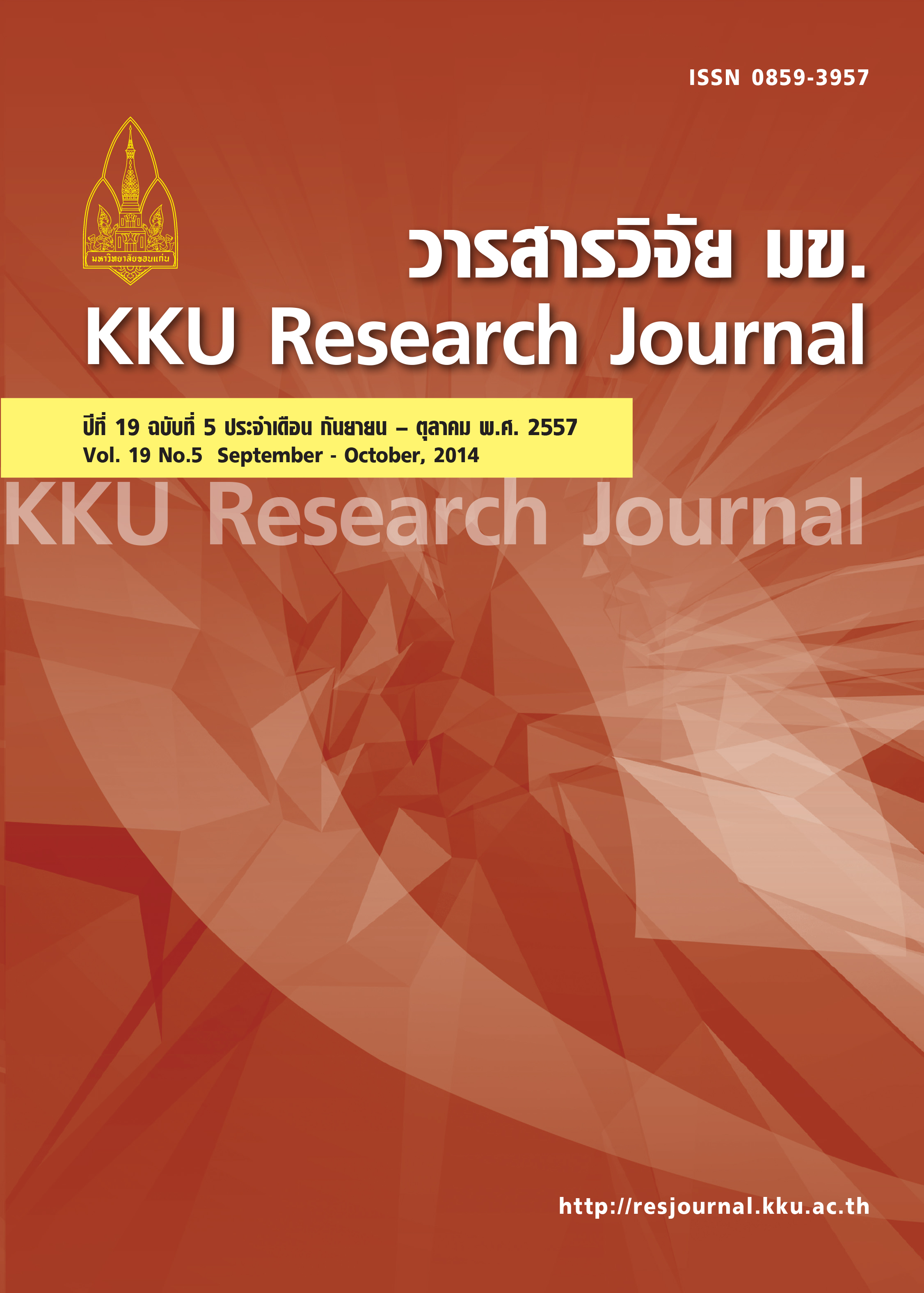Lactic acid bacteria: an alternative platform for live vaccine development
Main Article Content
Abstract
Lactic acid bacteria (LAB), a large group of food grade microorganisms, have recently been developed to express reactive antigens, which are intended to be used for vaccination. Immunological effects of these vaccines depend on the amount of the expressed antigenic protein loaded on the strains utilized for the delivery. Several factors including gene choice, cloning vector, and expression system could account for the different yield of antigens. Moreover, appropriate cellular location of the expressed gene product, either in the cytoplasm, the cell wall, or secreted into the medium can also affect the immune response. This review addresses the current knowledge of vaccine development by using lactic acid bacteria as an antigen-delivery system. The principal aim of this manuscript is to inform the reader on the processes of constructing recombinant LAB (rLAB) expressing about particular heterologous, immunologically reactive proteins, which can then be used as advantageous live vaccines.
Article Details
How to Cite
Panya, M., & Mayo, B. (2017). Lactic acid bacteria: an alternative platform for live vaccine development. Asia-Pacific Journal of Science and Technology, 19(5), 734–742. retrieved from https://so01.tci-thaijo.org/index.php/APST/article/view/83019
Section
Research Articles


